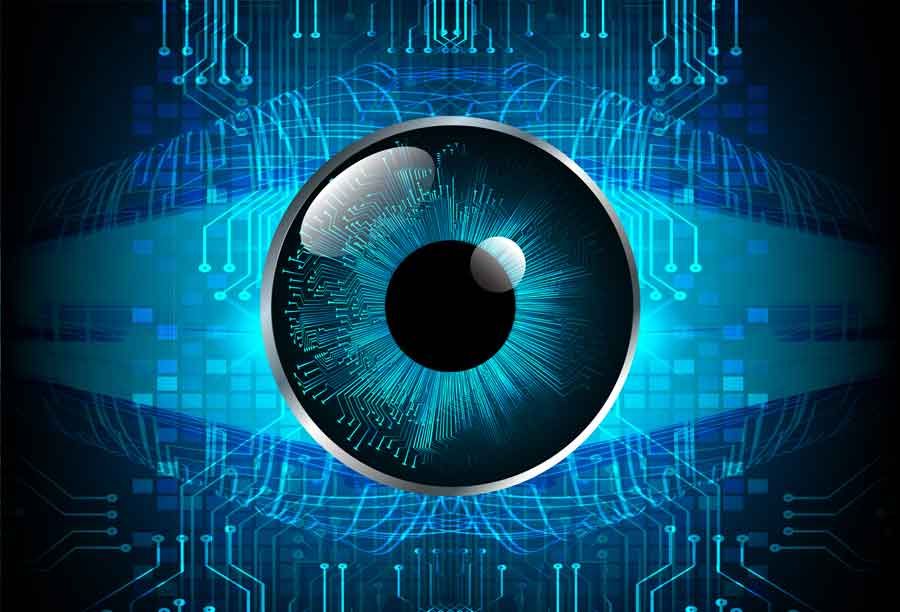Quantum espionage
By Elisabeth Eaves | November 29, 2017
 How emerging technology is shaping the future of intelligence.
How emerging technology is shaping the future of intelligence.
In real life as in spy fiction, it’s a story that has been around at least as long as the nuclear bomb: Enemy nations race to master a scientific breakthrough that will ensure the winner’s dominance. The newest book from the tireless David Ignatius, who has maintained a long and prominent career as a journalist for the Washington Post while also penning 10 spy novels, tackles this idea again. Quantum Spy, published this month by W.W. Norton, explores quantum computing and its enormous potential impact on espionage.
This week Wired published an interview with Ignatius by Garrett Graff, himself a cyber-savvy journalist and author. (The Bulletin recently interviewed Graff on his new nonfiction book Raven Rock, about US government superbunkers.) The result is a wide-ranging discussion on quantum computing, the US-China tech race, and the ways emerging technologies are transforming intelligence. They also get into how Ignatius researches his subjects, and how the information he gathers makes its way into either journalism or fiction.
Applied quantum computing is not with us yet, but IBM, Google, Intel, Microsoft, various startups, and who-knows-what government agencies are all striving to change that. While a quantum computer processes information differently than a normal computer, to understand the practical implications a major breakthrough would have, it helps to simply think of quantum computing as very, very powerful computing. The earliest computers could do basic math; quantum computers will be able to process so much information at a time that it will lead to rapid advancements in machine learning, drug development, and climate change modeling. As Ignatius says, “it goes to the very heart of how we do anything that involves computing because the power of quantum computing is so overwhelming.”
What could go wrong? Some quantum computing experts are anxious that national security applications could hijack their field, Ignatius says. The technology’s vast power means it will be able to break pretty much any code ever devised. Which is why, in real life as in spy fiction, rival powers are racing to conquer it first.
Publication Name: Wired
To read what we're reading, click here
Together, we make the world safer.
The Bulletin elevates expert voices above the noise. But as an independent nonprofit organization, our operations depend on the support of readers like you. Help us continue to deliver quality journalism that holds leaders accountable. Your support of our work at any level is important. In return, we promise our coverage will be understandable, influential, vigilant, solution-oriented, and fair-minded. Together we can make a difference.















